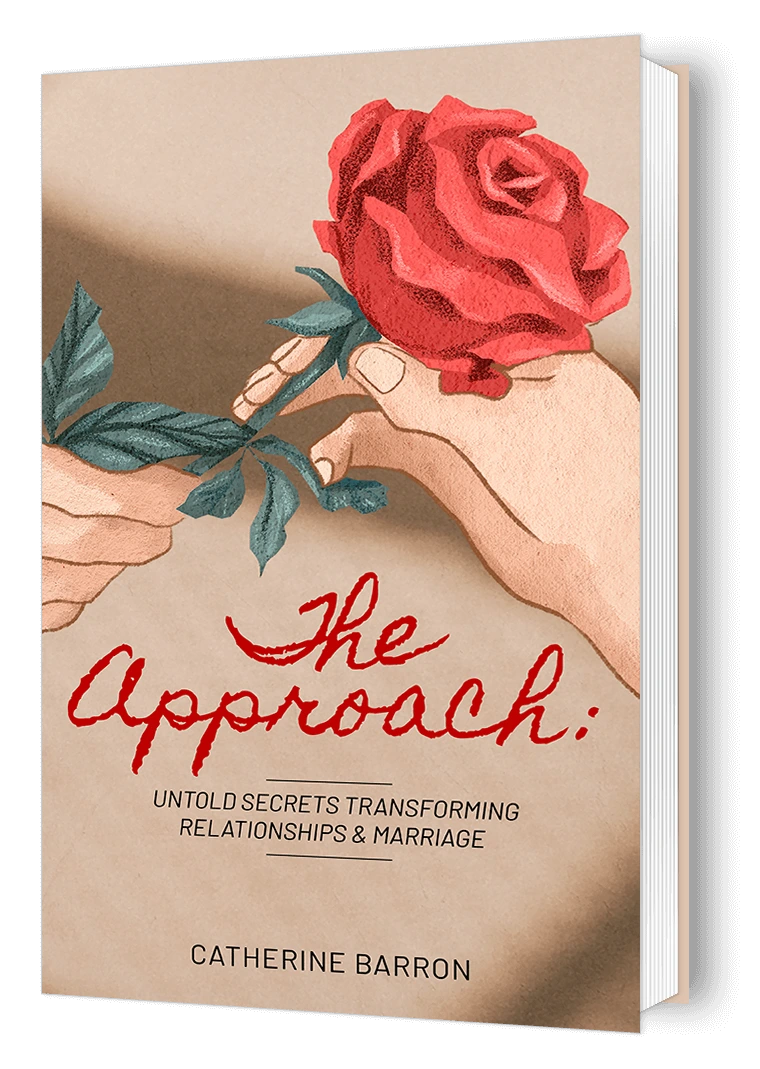According to some of the most prominent theorists in psychology/sociology such as Mead (1934), Cooley (1902) and Baldwin (1894), it is agreed that our personal self is basically grown out of interacting with others. In other words, it is the formation of attitudes that those closest to us seem to retain about oneself that are passed on in the early development state of our self. This means that the very first inkling of identity within oneself is transmitted from initial interactional experiences with important others, such as parents and immediate family members or caregivers (Ashmore & Jussim, 1997).
So does that mean that if our parents came with unwarranted attitude baggage that we automatically inherit it for life? Stuff about ourself that we’d rather shed than keep around on a daily basis, but can’t seem to shake off?
The answer is Yes, we are inherently affected by early childhood rearing from our significant others and there is not much we can do about it. Especially, because of our dependence on them in the first few years of our development.
How Our Development Plays A Role In Our Self-Esteem
Unfortunately, our early dependence intimates that the personal self-does not always develop according to one’s authentic self. It is possible that one may be influenced to accept the opinions of others about oneself instead of allowing their own opinions to dominate according to experiences and events. Therefore, the outcome is a suppressed ideal and truth of one’s behavior and opinions that are geared toward the demands and approval of others.
*Our self-esteem becomes a construct of a false self-behavior because we have not emerged as our authentic self.
The False Image
Can you imagine that this false-image is carried throughout our lives as we struggle to fit in and be loved and accepted by those who are important to us and even to those who are not, at times. It becomes a burden that is carried by you, consistently. The weight of it pulls you away from yourself and is binding. It does not permit you to be completely free of your brilliant expression that belongs only to you.
*It is in the social context of interaction that demonstrates our behavior and attitudes: authentic or not authentic.
There is much more in the analysis of this topic but for the sake of the article, I will keep it to one or two points. However, I will tackle other areas of the subject in the future, as it is an interesting one especially, for self-improvement changes and betterment in your daily lives. Psychology was my discipline in college and I love finding interesting ways to make ourselves better and to understand the workings of ourselves on an everyday basis while taking it to the next level and explore it. So, look for more articles on this subject matter in the near future.
*However, the points I want to make lie in the inauthentic self and there are 2 illustrations: Recognizing & Changing the Unauthentic-Self
Recognize the Unauthentic-Self
1)-I do not want to get into analysis in this discussion, as I am not a doctor of psychology nor a counselor/therapist; I majored in psychology with a sociology minor, graduating with a very high GPA. I reveal this information only to let you know that I take my field very seriously; it is not to brag by any means. I voice my opinions based on my knowledge and understanding of my studies and research. My only purpose is to inform, inspire, and lead you to a better life, where you can enjoy and feel the accomplishment and appreciation of contributing to society, to each other, and especially to those you love.
Therefore, I believe everyone has a bit of unauthentic self. I think it cannot get away from us, entirely. I take my hat off to those who are completely void of it throughout their lives. However, it seems that the unauthentic self is substantially present from childhood and into adulthood (some more than others) because, as a child it would be impossible to avoid. A child’s dependency is based on the parents’ and care givers’ daily approval. As an adult, one may be more conscious of an authentic self and therefore try to put forth that authentic behavior rather than an unauthentic one.
*Therefore, paying attention to the self and its behavior in a particular circumstance, and is half the battle. Recognizing the unauthentic self and trying to change it to an authentic self will enhance your self-esteem and give you a more substantial grounding in behavioral and emotional experiences.
Changing the Unauthentic-Self
2)-As adults and having a clearer understanding of oneself, it is possible to change the nature of that underlying force, which keeps you subject to the approval of others rather than being true to yourself.
I want you to understand that standing up for your authentic self does not make you any less approved as a person. It may even make you admired in some cases and certainly, you will feel emotionally satisfied with yourself. The important outcome is that your being is congruent with your behavior and thinking. When those factors are in alignment, everything else seamlessly falls into place as a human being.
*It is essential to becoming completely comfortable with oneself.
How Changing Oneself Works
Changing yourself is changing the way you think. Every time you have a behavior based on someone or a group approval and the tendency is to agree, you are in danger of sacrificing your true self. For instance, simply bring your authentic self opinion and behavior together as you replace your old behavior (the one you have a tendency to agree for approval) and you have begun the process of change.
*Try remembering that consistency is the measure of success.
References
Ashmore, R., Jussim, L. (1997). Self and identity: fundamental issues. Oxford University, New York, pg. 266. Retrieved from ihttps://www.questia.com/library/120086638/self-and-identity-fundamental-issues





